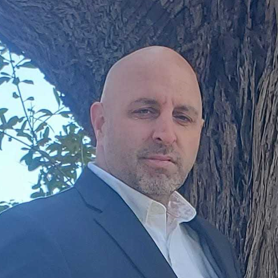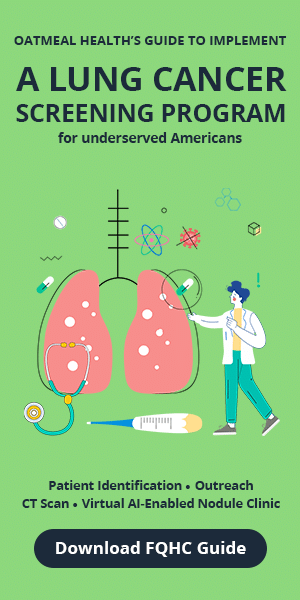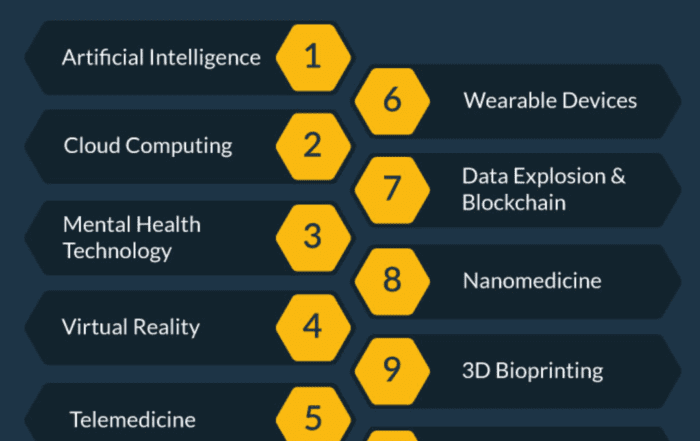Share this article and save a life!
We write in support of state Medicaid coverage for lung cancer screening for individuals at high risk. Lung cancer is the nation’s leading cancer killer of both women and men in the United States. An estimated 228,150 new cases of lung cancer were expected to be diagnosed in 2019, and 142,670 people are expected to lose their lives. Despite the tragic impact lung cancer has on our nation, many state Medicaid programs do not currently cover lung cancer screening for individuals at high risk. Our organizations believe that every state Medicaid program should cover this life-saving preventive health service in all fee-for-service and managed care plans.
Detecting lung cancer in the early stages versus the late stages is often the difference between life and death. Early detection and treatment of lung cancer translate into higher survival rates, but only 16 percent of lung cancer cases are diagnosed early when the disease is most treatable. Lack of consistent and comprehensive coverage puts thousands of Americans at risk for this dreaded disease but ensuring coverage for lung cancer screening for individuals will save lives.
According to the National Cancer Institute’s National Lung Cancer Screening Trial, low-dose computed tomographic (LDCT) scans for individuals at high risk were associated with a 20 percent decrease in lung cancer mortality in those at high risk. Those at high risk are defined as individuals ages 55 to 80 years who have a smoking history of 30 pack-years and currently smoke or have quit smoking within the last 15 years. Recognizing the value of LDCT screening, the U.S. Preventive Services Task Force (USPSTF) announced their recommendation on December 30, 2013, that certain high-risk populations be screened for lung cancer using this method – thereby making the screening available for individuals with most private insurance.
Medicare also covers lung cancer screening for individuals 55-77 who have a smoking
history of 30 pack-years and currently smoke or have quit smoking within the last 15 years.
A higher percentage of individuals in Medicaid smoke when compared to the general public, and
therefore more Medicaid enrollees are at high risk for developing lung cancer – which makes coverage for this population even more important. As such, our organizations strongly encourage state Medicaid programs to include annual low-dose CT scans for lung cancer screening as a covered service for individuals at high risk.
Now is the time for state Medicaid programs to act. We call on all state Medicaid programs to cover lung cancer screening for individuals at high risk in all fee-for-service and managed care plans.
Sincerely,
American Lung Association
The University of Texas MD Anderson Cancer Center
American Cancer Society – Cancer Action Network
American Society of Preventive Oncology
American College of Chest Physicians
Anne Arundel Medical Center
Oncology Nursing Society
Association for the Treatment of Tobacco Use and Dependence
Bonnie J. Addario Lung Cancer Foundation
A Breath of Hope Lung Foundation
Caring Ambassadors Program, Inc.
Citizens for Radioactive Radon Reduction
Dusty Joy Foundation (LiveLung)
Free ME from Lung Cancer
Lehigh Valley Cancer Institute
Lung Cancer Alliance
Lung Cancer Circle of Hope
Lung Cancer Connection
Lung Cancer Initiative of North Carolina
Lung Cancer Research Foundation
LUNGevity Foundation
Massachusetts Radiological Society
Medical Imaging & Technology Alliance
Mesothelioma Applied Research Foundation
Rexanna’s Foundation for Fighting Lung Cancer
St. Dominic Hospital
St. Elizabeth Healthcare
The American College of Radiology in Virginia
The Clifton F. Mountain Foundation for Education & Research in Lung Cancer
The University of Wisconsin School of Medicine and Public Health Carbone Cancer Center
Triage Cancer
Upstage Lung Cancer
Brigham Health Lung Cancer Screening Program
Respiratory Health Association
VCU Health System
Repost: March 19, 2019 Download PDF:
Share this article and save a life!
Author:

Jonathan is a seasoned executive with a proven track record in founding and scaling digital health and technology companies. He co-founded Oatmeal Health, a tech-enabled Cancer Screening as a Service for Underrepresented patients of FQHCs and health plans, starting with lung cancer. With a strong background in engineering, partnerships, and product development, Jonathan is recognized as a leader in the industry.
Govette has dedicated his professional life to enhancing the well-being of marginalized populations. To achieve this, he has established frameworks for initiatives aimed at promoting health equity among underprivileged communities.





